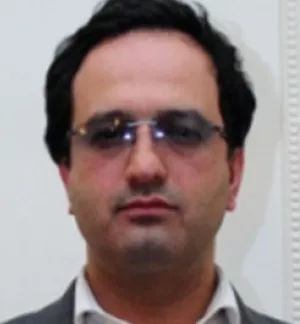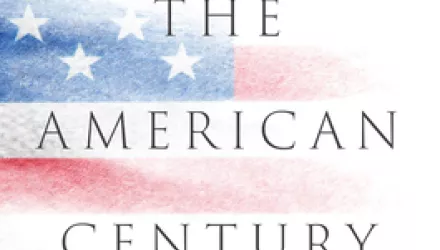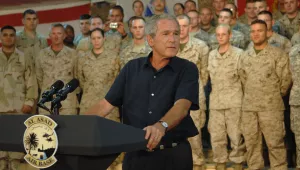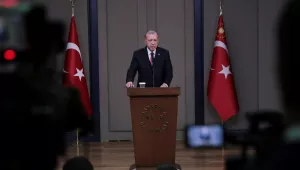Abstract
This article investigates the necessity of establishing a new political-security arrangement in the Persian Gulf region in the light of new political developments in the region after the 2003 Iraq crisis. The author argues that following the recent political-security changes in the region and with the shift of Iraq's role from its previous threatening position, together with the prospect of building a friendly coalition between Iran and Iraq, the formation of new political-security architecture is inevitable in the Persian Gulf region. The new arrangement has to be based on the new political-security, cultural and economic realities. The author also argues that the nature of security threat in the region has changed. Under the new circumstances, instead of hard inter-states rivalries, the security challenges are more centered in human security and nations' political demands and expectations. Dealing with these new situations requires establishing mutual cooperation in the region. While offering certain characteristics of the new political-security arrangement in the Persian Gulf, the author concludes that without mutual multilateral cooperation between all the involved regional actors, no security arrangement would work out successfully. Under the new circumstances, the increased presence of foreign actors, especially the United States, will further complicate the regional issues.
"The new political developments in post-invasion Iraq and the empowerment of the Shiite factions in the country have affected the perspective of power and politics in the Middle East and especially in the Persian Gulf region. The most immediate result of the new developments has been capacious increases in Iran’s regional role not only regarding Iraq and the Arab Sunni world, especially the Persian Gulf Arab states, but also in ties with the other main trans-regional actors especially the United States. Iran’s increased regional role is perceived in some Arab Sunni quarters as an attempt to build a socalled Shiite crescent, and in the West as Iran rise to power which contradicts the traditional balance of power that for years has been the official policy of the United States. Concurrent with increase in Iran’s regional power, Iraq’s evolution from its previous position as a threatening player, together with the changing nature of security threats in the new circumstances, all require the formation of a new political-security system in the region based on the characteristics of new political developments. With the rise to power of Shiite majority in new Iraq, a new friendly coalition is emerging in the Persian Gulf region that can impact the entire regional political-security arrangement.
The author argues that Iran’s support of the Shiite elements in new Iraq is not merely based on enhancing the ideological grounds, but in strategizing the role of Shiites in Iraq’s power equations and regional politics. By shifting Iraq to a strategic friend, Iran can influence the political-security architecture in the Persian Gulf and make a new political block, a policy that can weaken the traditional security system of the region that is essentially centered in the interest of outside powers and not Iran. The logic behind this argument is that future political games in the Middle East region are bound to consolidate the shares and roles of regional states in the region’s economic and political zones of interests. Naturally, the Islamic Republic of Iran as the most important player of the Persian Gulf region seeks to strengthen its role in such a transitional circumstance. In this respect, new Iraq has a special place in Iran’s regional policies, bringing about grounds of creating political-security opportunities in the Persian Gulf region...."
Barzegar, Kayhan. “Iran, New Iraq and the Persian Gulf Political-Security Architecture.” Iranian Journal of International Affairs, Winter 2007-08





